
The Welfare Association for the development of Afghanistan
Know More About Us
History
Established in August 2002, the Welfare Association for the Development of Afghanistan is an indigenous, nonprofit, nongovernmental organization with accreditation from the government of Afghanistan (Ministry of Economy) and the Afghan NGOs Coordination Bureau (ANCB) and Agency Coordinating Body for Afghan Relief (ACBAR) to undertake community and institutional development, civic education, and drug control initiatives.
WADAN respects the laws of the Afghan government and the culture and traditions of Afghanistan’s communities, and exists primarily to build the capacity of Afghan citizens toward the establishment of a healthy, functional, Afghan community WADAN envisions a peaceful, drug free, and developed Afghanistan. Our mission is to advance the spread of principles of sustainable development, social justice, human rights, and prosperity in Afghanistan.
WADAN aims to foster peace and stability, national unity, human rights and drug control by strengthening and empowering communities. We are dedicated to supporting the needs and interests of Afghans, inclusive of all ethnic and linguistic groups, and we recognize the central role that community plays in the structure of society. In our activities we initiate innovative ways to improve the quality of life in the broad community: local, national and international.
As an organization seasoned in civic education efforts and as an Afghan NGO with extensive experience working with people at the grassroots, WADAN has a unique understanding of methodology that would work with citizens’ desires that Afghanistan emerge from its early disappointments to develop a citizenry with respect for the rule of law and the need and promotion of education in Afghanistan. We are cognizant that at all levels, Afghan governing entities are in the process of learning how to develop and follow systems of good governance and service delivery, particularly how to provide citizens with educational and health services.
WADAN builds people; we believe that progress in a geographically remote, largely illiterate and unschooled population still affected the physical, emotional and political effects of long-term warfare will be incremental, and that education in these circumstances is as essential as survival. Also essential to successful nation-building is the development of traditional local leadership figures including maliks and Mullahs. To meet the needs of a nation in the 21st century, women must be included in nation building efforts every step of the way. Therefore, long term, focused efforts are necessary.
Vision
A peaceful, drug free, democratic, developed and prosperous Afghanistan.
Mission
To spread democratic principles, social justice, and human rights, and to strengthen communities and local governance by promoting effective community and institutional development practices and drug control initiatives.
Values
Our core values are integrity, professionalism, and respect for diversity. We put people first – the needs of people. We go wherever we are needed and get the job done
WADAN is dedicated to supporting the needs and interests of Afghans and we recognize the importance that local, national and international communities play in the structuring of all societies. We understand the Afghan people’s desires to pursue sustainable development, democracy and develop a citizenry with knowledge of democratic principles, respect for the rule of law, and the value of education and adequate healthcare in all areas and at all levels. WADAN strongly believes that development, democracy and the rule of law are strongly interrelated and the absence of one component will seriously undermine the others. Thus, WADAN takes a holistic, multi-sectorial and comprehensive approach to advocate for and promote all of these components to attain development, democratic governance and prosperity. WADAN builds people; individuals, communities and networks; we believe that progress will be incremental due to the lack of adequate education, geographic isolation, and the long-term effects of war. Essential to improving the lives of all Afghans is the development of education and health services, and utilizing the abilities of traditional local leaders, teachers, students, maliks and mullahs, women and youth who can act as social multipliers.
WADAN’s prime comparative advantage is the support of local communities and social multipliers that help minimize security risks. We involve communities in all project phases from initiation to implementation, ownership and sustainability. Another comparative advantage of WADAN is the composition of key human resources that include seasoned and well-informed international and national staff and volunteers who work as a team inside Afghanistan and in the US and Canada; making it possible for WADAN to work around the clock with efficiency and effectiveness and to include an expanded world view when considering project components. Since its inception WADAN has actively engaged in providing education to men, women, and children across all sectors of Afghan society and in all 34 provinces. Projects implemented have included and provided curriculum, training, cascading strategies, materials and supplies, and content to master trainers, principals, teachers, provincial and national government institutions and employees, maliks, religious leaders, elders, women, children and the general public.
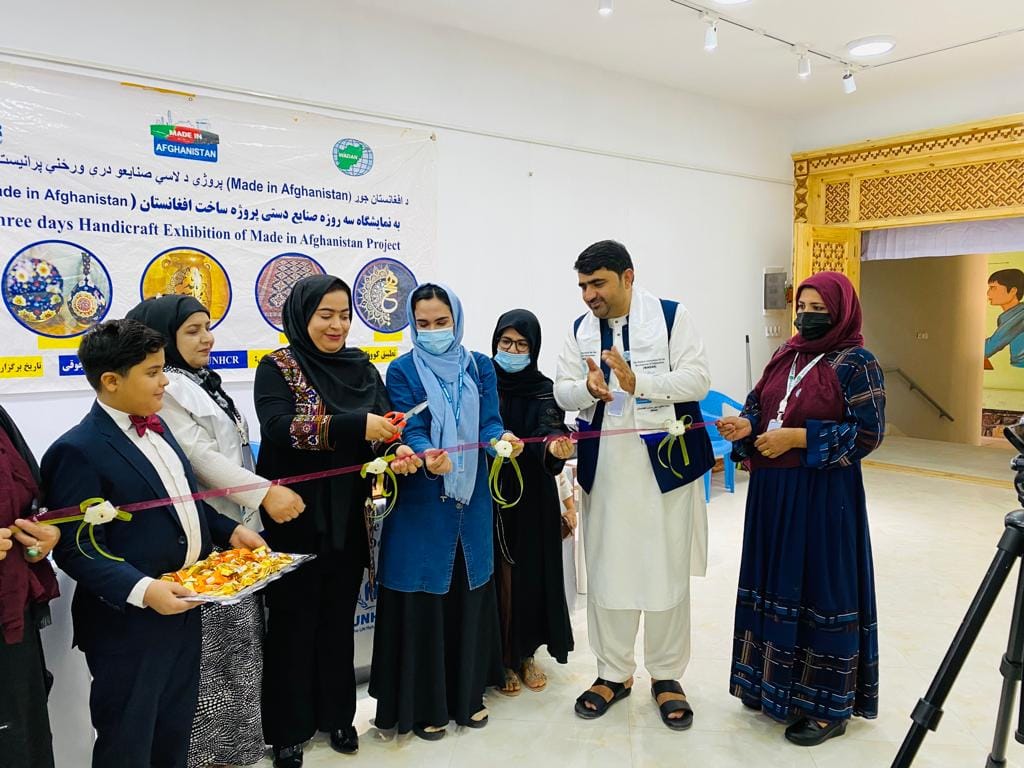
WADAN employs a sound financial system with internal and external audit components, effective control mechanisms, monitoring and evaluation systems; appropriate filing and record keeping, procurement policy, security policy and a code of conduct. WADAN’s board oversees the organization’s strategic operations while management is responsible for the day-to-day operations. To promote accountability and transparency, the Internal Audit/Control and Monitoring and Evaluation Departments report to the board to ensure their independence. Annual external audits are conducted for each project depending on its duration. Internal audits are regularly made for all projects through our independent internal audit department. External audits are conducted by Avais Hyder Liaquat Nauman Chartered Accountants, a correspondent firm of RSM International; Rehman Group of Consultant and Audit firm; ITNA Consultant and Auditors; KPMG; Saeed Methani Mushtaq (SMM) & Co. Chartered Accountants and Credence Auditors and Advisors (CAA). WADAN has received direct funding from major donors including the World Bank, USAID, the US Embassy, DFID, CIDA, TAF, United Nations, USIP, Save the Children International, Embassy of Japan, and the National Endowment for Democracy (NED). WADAN has experience sub-granting and has sub-granted to national and international organizations including CPI, AIMS, ADA, MSPA, RCCIS, CoAR, JACK, APA and STARS. WADAN works in close collaboration and partnership with many government ministries and departments. Due to successful implementation, many of our projects have been repeatedly funded and extended. One of WADAN’s most important achievements was the creation and the formation of the National Maliks Association (NMA). Registered with the Ministry of Justice in 2005, the NMA currently has chapters in 393 districts and nahiyas, and has trained more than 30,000 community and religious leaders across Afghanistan. The NMA advocates for human rights, peace and stability, democratic governance, accountability, transparency, conflict resolution, social justice, and the rule of law. Members mobilize their constituents to participate in development and connect with the government and international community. Both men and women are NMA members.
WADAN’s Strategic Approach
WADAN is a grassroots humanitarian and development organization working directly with communities and local institutions. Most of our activities are carried out in rural areas. WADAN supports and prioritizes marginalized communities where needs are greatest. WADAN’s development activities include, but are not limited to: Education (formal and civic education), Drug Demand Reduction, Alternative Livelihoods, Networking and Promotion of Traditional Leadership, and the Promotion of Democracy and Good Governance, Institutional Capacity Building, Rule of Law, Anticorruption, Peace Building, and Gender Issues. WADAN works jointly with relevant government and non-governmental organizations, local communities, the international community including UN agencies and other actors involved in the rehabilitation and development of Afghanistan. WADAN works under the guiding principles of mutual respect, cooperation and collaboration, inclusiveness, transparency, gender equity and accountability. We support the efforts of the Afghan Government and the international community in promoting peace, stability and sustainable development for the Afghan population. WADAN aligns its development activities with the Afghan National Development Strategy (ANDS), National Priority Programs (NPPs), Millennium Development Goals (MDGs), and Sustainable Development Goals (SDGs).
Beneficial Ownership
Beneficial Ownership: WADAN was established and registered with the Ministry of Planning in 2002. In 2005, WADAN was re-registered with the Ministry of Economy with License No. 150 – a government requirement. WADAN has Memorandums of Understanding (MoUs) with line ministries, independent commissions and directorates including the Ministry of Education (MoE), Ministry of Public Health (MoPH), Ministry of Counter Narcotics (MoCN), Afghanistan Independent Human Rights Commission (AIHRC), the Independent Directorate of Local Governance (IDLG), High Office of Oversight and Anti-corruption ( HOOAC), Independent Election Commission (IEC) and other provincial entities. WADAN is a member of these networks: the Afghan NGOs Coordination Bureau (ANCB), Agency Coordinating Body for Afghan Relief and Development (ACBAR), Afghanistan Extractive Industries Transparency Initiative (AEITI), Afghanistan CSO Collation for Anti-Corruption (AfCAC) and Afghan Civil Society Election Network (ACSEN). WADAN is legally authorized to implement projects within sectors including health, education, economic development, counter narcotics, civic education, community and institutional development, gender issues, human rights with focus on the rights of women and children, good governance, anti-corruption, promoting democratic principles and other areas included in our strategic plan and mandate.
Meet the team

Mohammad Nasib Ahmadi
Founder

Rahmatullah Mamond
Deputy Executive Director
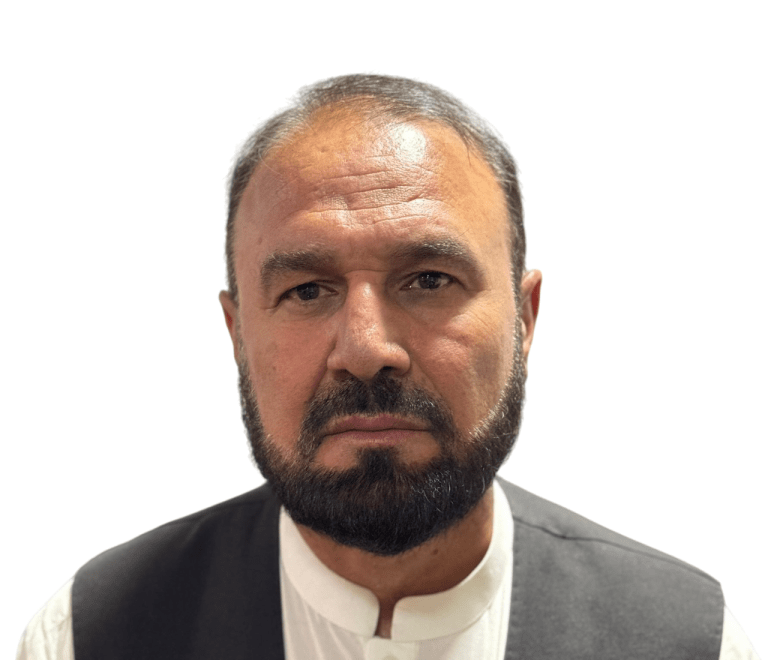
Khan Mohammad Momand
Managing Director
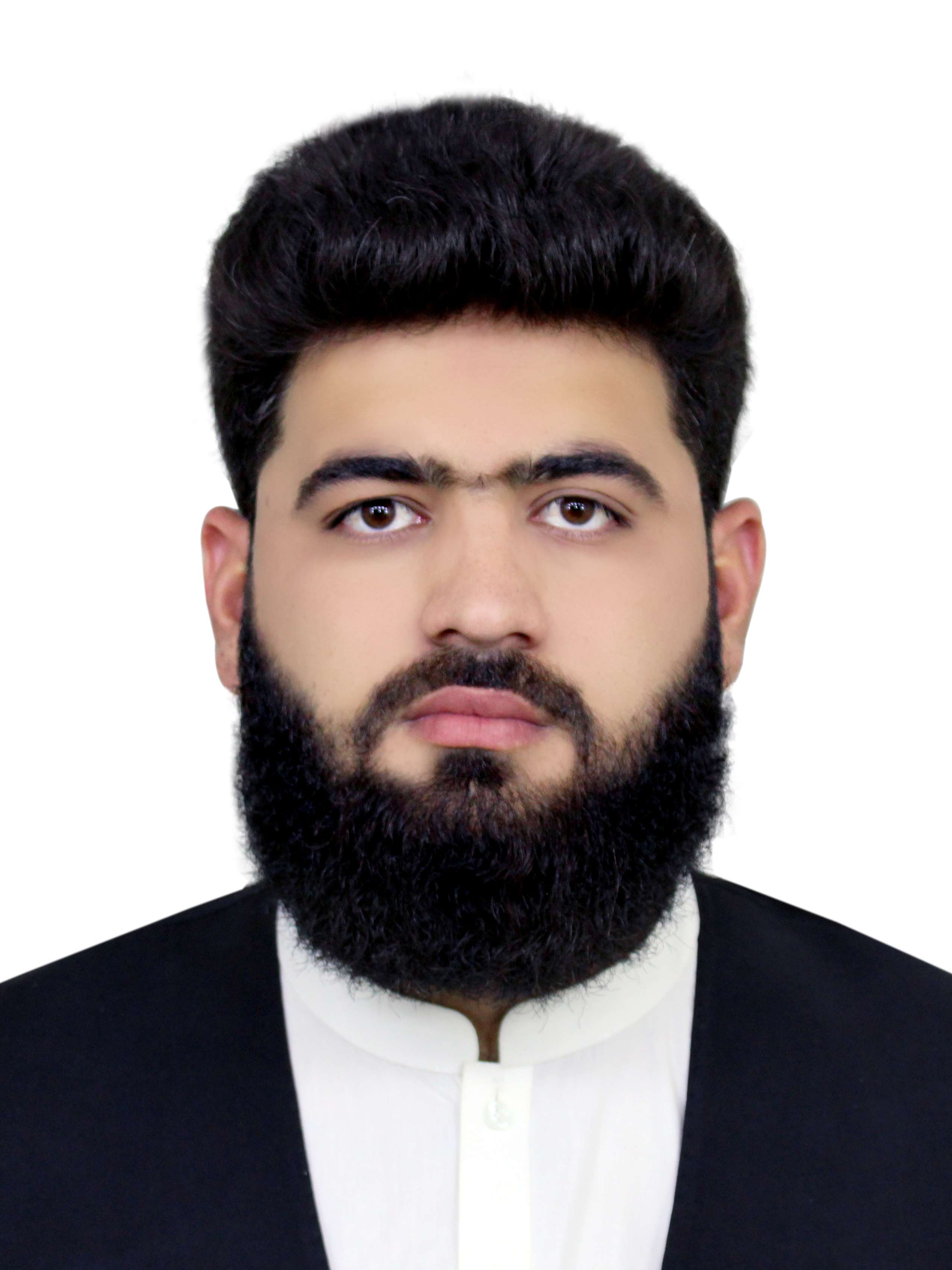
Hafizullah Matin
Operations Manager
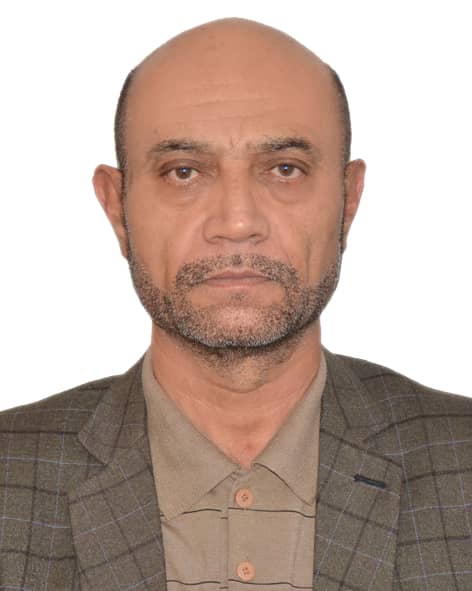
Eng Sarwar Nasiry
Internal Control Manager

Malyar Khan
IT Manager
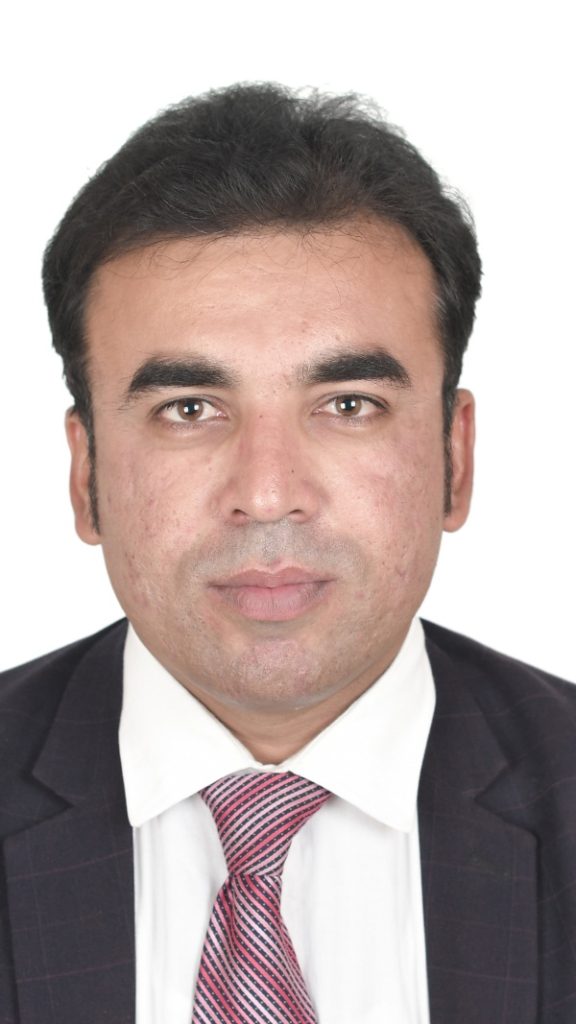
Bashir Kamran
Communication & Partnership Manager
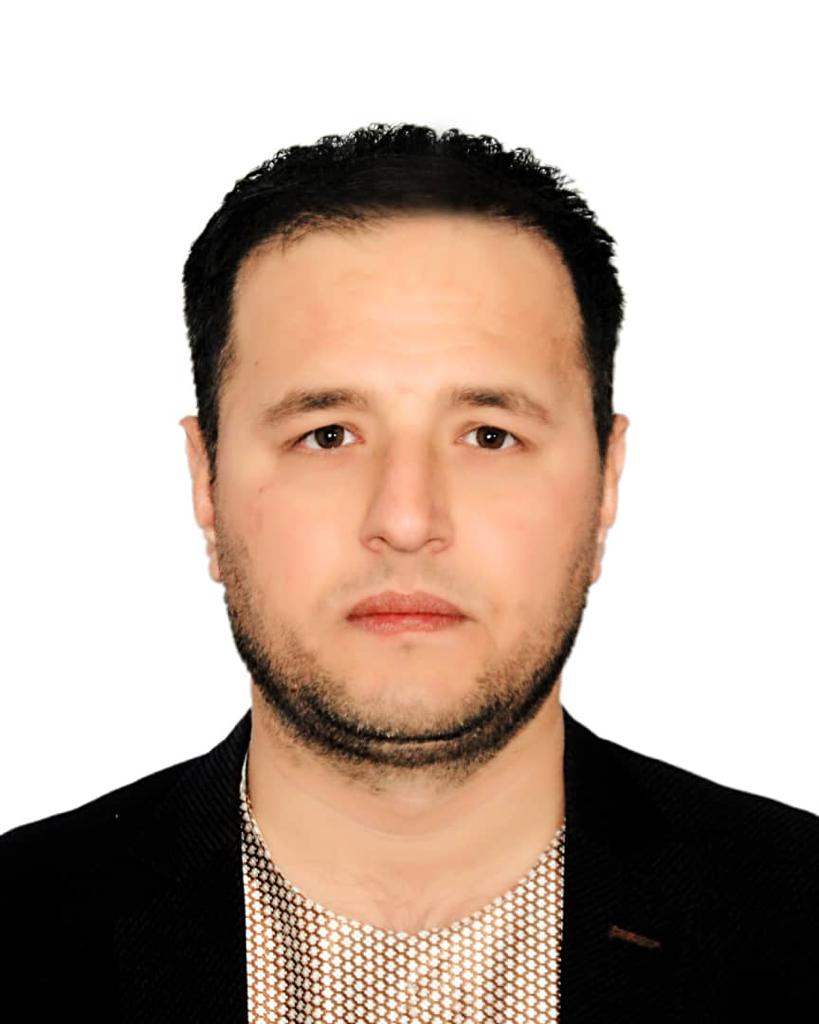
Samiullah Mosazai
HR Manager
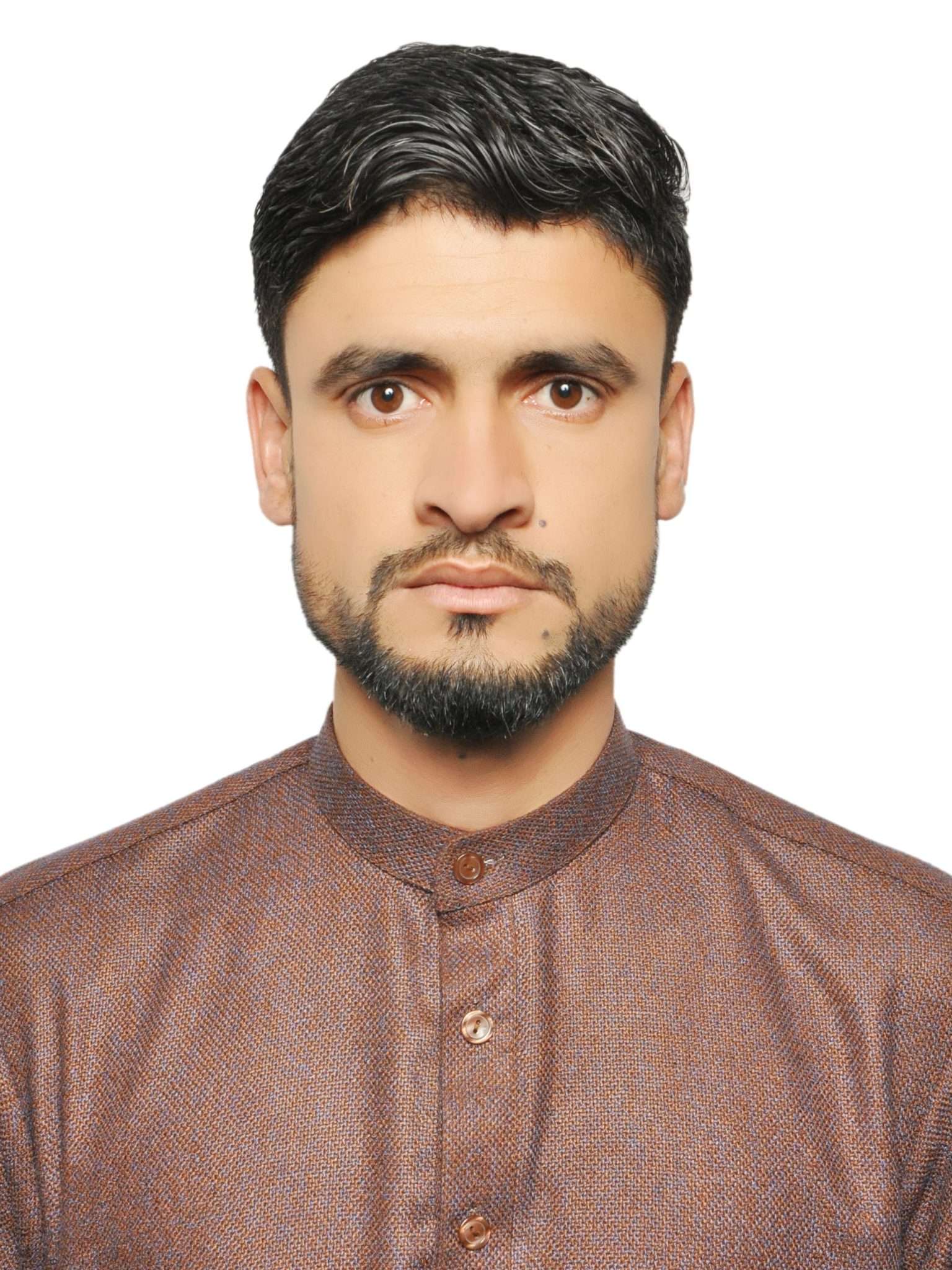
Samiullah Qudrat
MEAL Manager
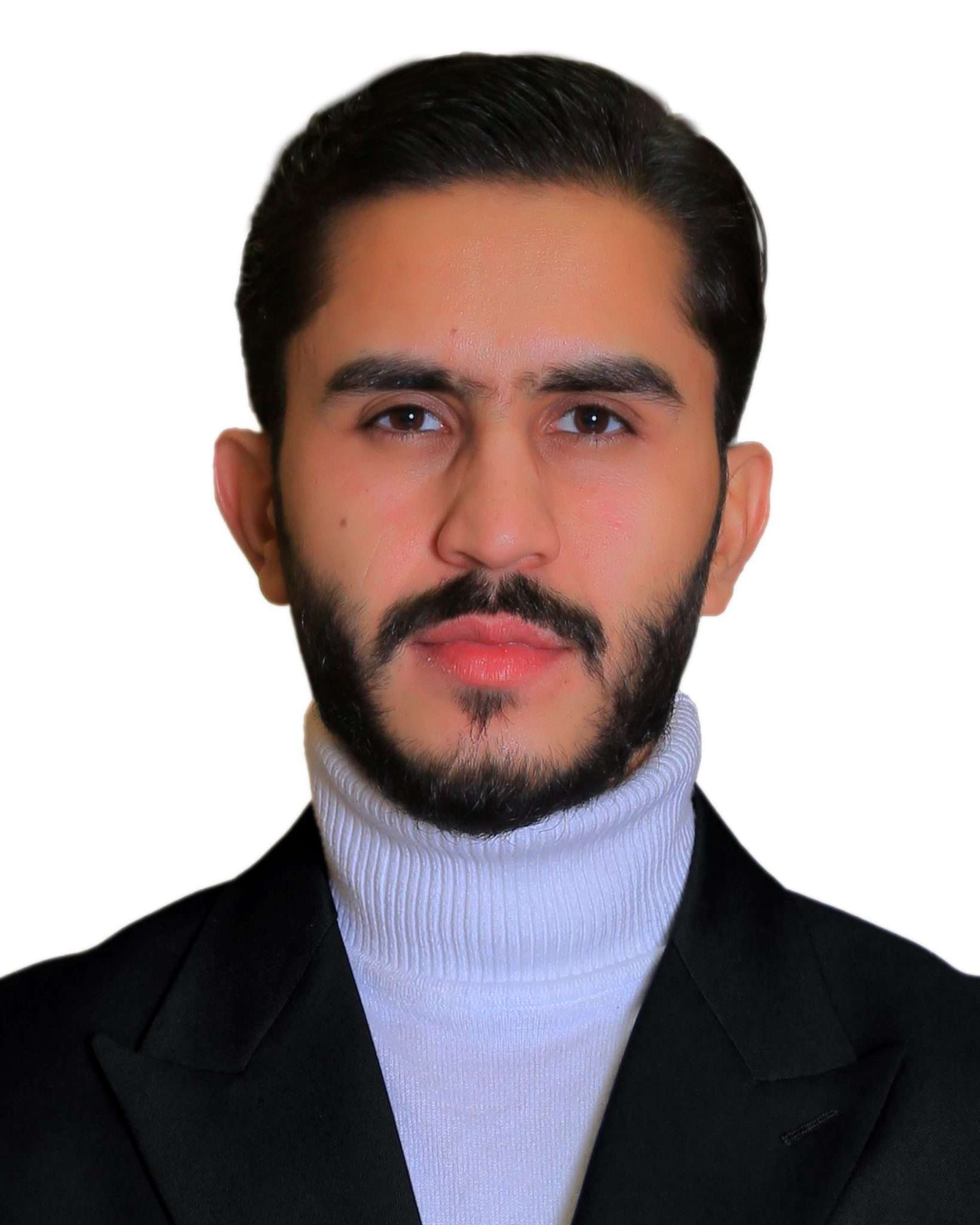
Samim Mehrin
Internal Audit Manager
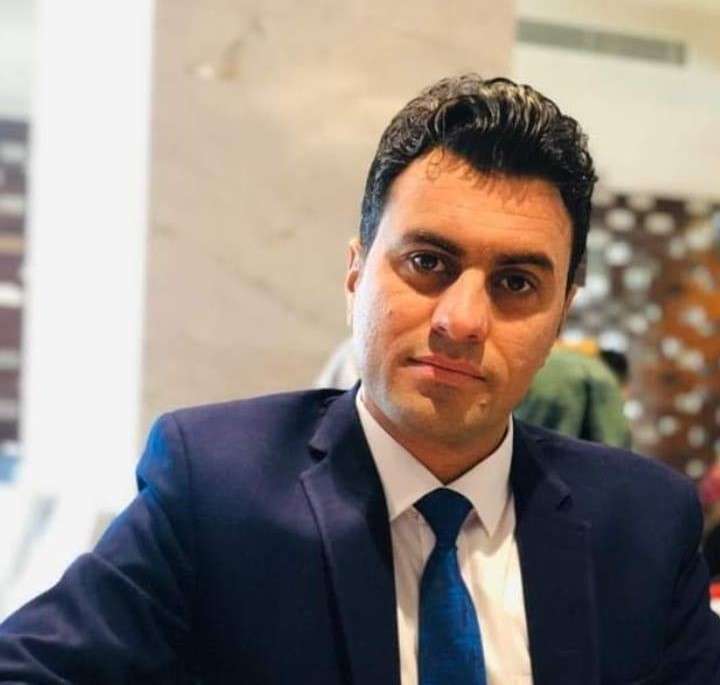
Dr Shafiqullah Sharifi
DDR Programs Manager

Dr Shamsia Dawari
Gender and Social Inclusion Specialist
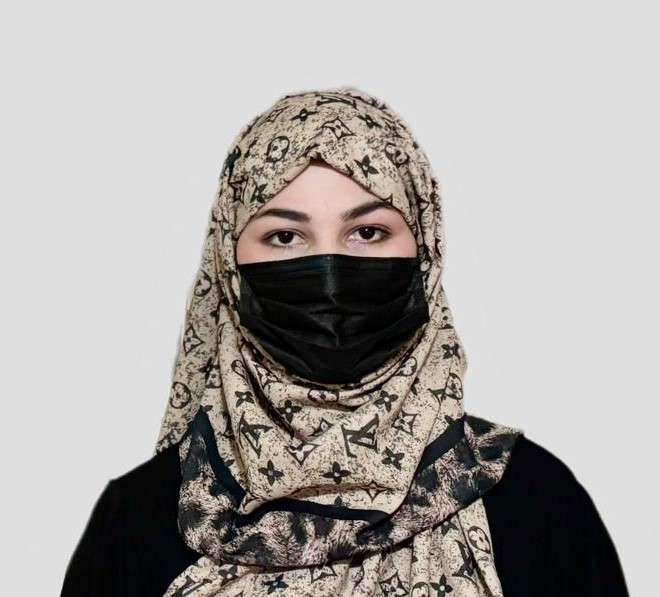
Talwasa Sakhizai
Volunteer Empowerment Coordinator

Dr Shamsia Dawari
Gender and Social Inclusion Specialist

Talwasa Sakhizai
Volunteer Empowerment Coordinator